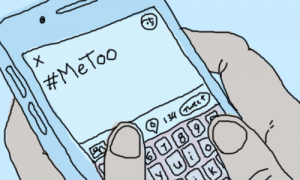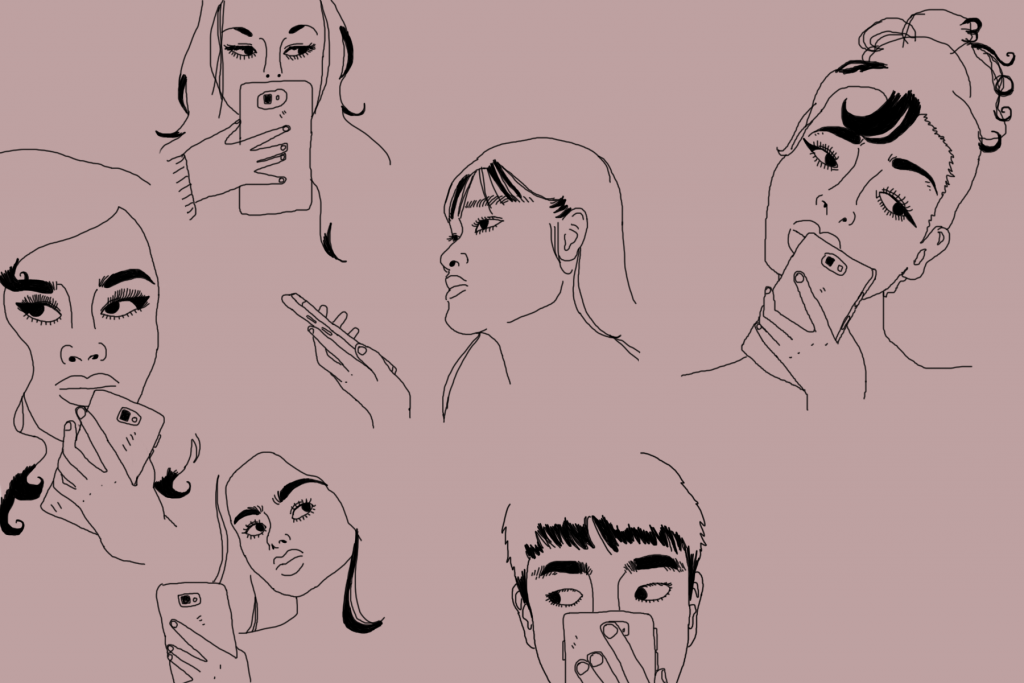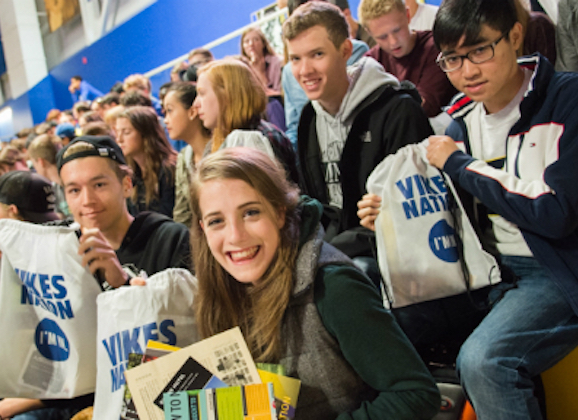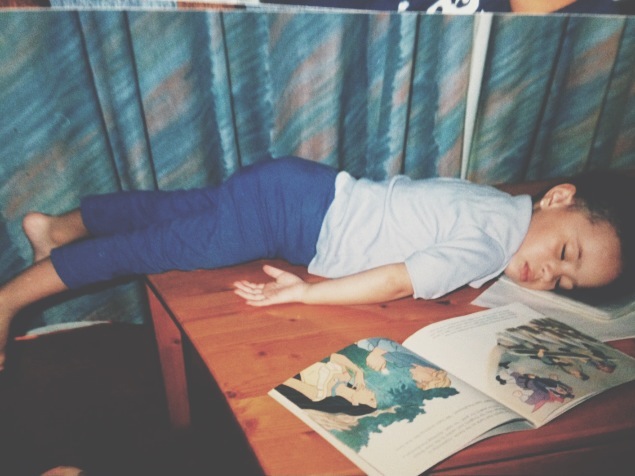#MeToo, and me, and me, and me
 So Joanne already did a great piece about this, but hey, we can never talk enough about sexual assault!
So Joanne already did a great piece about this, but hey, we can never talk enough about sexual assault!
#MeToo invites victims of sexual harassment or assault to share their experience and promote the visibility of this problem. It’s a way of showing solidarity as well, but it can be very hard to take in — it was heartbreaking for me to see how many of my friends have had these experiences, and I know it hurt them to learn about mine.
I’ve heard people say that depending on how detailed the accounts are, some survivors have difficulty going on social media, as it makes them re-live their own trauma. Some people wonder if the sheer volume of confessions may desensitize people to the problem, and they might just ignore it. Other critics wonder if the trending of this hashtag minimises it and turns it into another internet fad.
But I believe that it’s a good thing, that it really makes people wake up and realise just how common this is. It initiates a conversation and demands that we acknowledge how prevalent sexual harassment and assault is in our society. I think it’s especially important to discuss in the current climate, after the revelation of Harvey Weinstein’s multiple assaults and the messages being sent out from the White House — that even if a man brags about assaulting a woman, he can go on to be the President of the United States.
I think this hashtag opens up the field for awareness and discussion, and the debunking of myths — that sexual assault is really rare, that it only happens to women, that sexual assault cannot occur between a married couple, or boyfriend and girlfriend, that a victim could possibly have been “asking for it” based on their behaviour, what he or she was wearing, or if they were drunk or not.
A man much older than me repeatedly touched and grabbed my body when I was by myself in Germany and unable to speak the language. On more than one occasion I’ve been asked to get into a stranger’s car. I’ve been groped while dancing with my friends. A man came very close behind me and said inappropriate things to me in a shopping centre. My ex-boyfriend touched me when I was unable to consent. When I was a minor, I was often harassed while walking home from school. These are common experiences, and the fact that we normalize things like this is a huge problem, because it tells people that this is okay when it’s not.
I personally can’t believe that sexual harassment is still considered a joke and put into various movies and TV shows for laughs — even movies directed at little kids. I’m sure we can all think of examples in popular media where a woman has been cat-called or touched without her consent, and it’s played for comedy.
Or even when sexual harassment or assault makes the news, an intense debate often follows about whether or not it was the victim’s fault, whether or not the abuser or rapist knew what they were doing, how tragic it would be if the rapist lost their scholarship because of the girl’s allegations, etc.
As a student, hearing stories from other campuses about sexual assault victims not being believed or supported by their institutions, or seeing videos of fraternities having parades denying what “no” means, or having warnings issued about a spree of sexual assaults, it makes me really realize how vulnerable we are as a student population to the attitudes of our schools and how they deal with things like this.
I believe that the hashtag, and most importantly the awareness and discussion surrounding it, are really important. Too often people sweep it under the rug, say it’s a private issue not a public issue, or criticise victims for making people uncomfortable or creating an awkward climate by coming forward. But that discomfort is nothing compared to the trauma the victims experienced, or the suffocating effects of a society that tells them to just “move on”, not to seek justice, retribution, or closure.
If someone you know, or even someone you don’t know, opens up and shares with you the story of their experience of sexual assault or harassment, the best thing you can do, to combat the endless barrage of disbelief and suspicion thrown at them from all sides, is believe them. Playing devil’s advocate only benefits the abuser, and you can do no wrong by choosing to believe what a victim tells you.
Resources that can help
UVic has various resources available to victims of sexual assault or those seeking counselling. The anti-violence project provides anti-oppressive, sex-positive services and one-on-one support in the Student Union Building room B027, or you can email them at info@antiviolenceproject.org. The university’s counselling services are free and confidential, and provide individual or group sessions (email: counsell@uvic.ca).
Off-campus, there’s the Victoria Sexual Assault Centre or info@vsac.ca, or the Men’s Trauma Centre, who can be reached at menstrauma.ca or info@menstrauma.ca.




